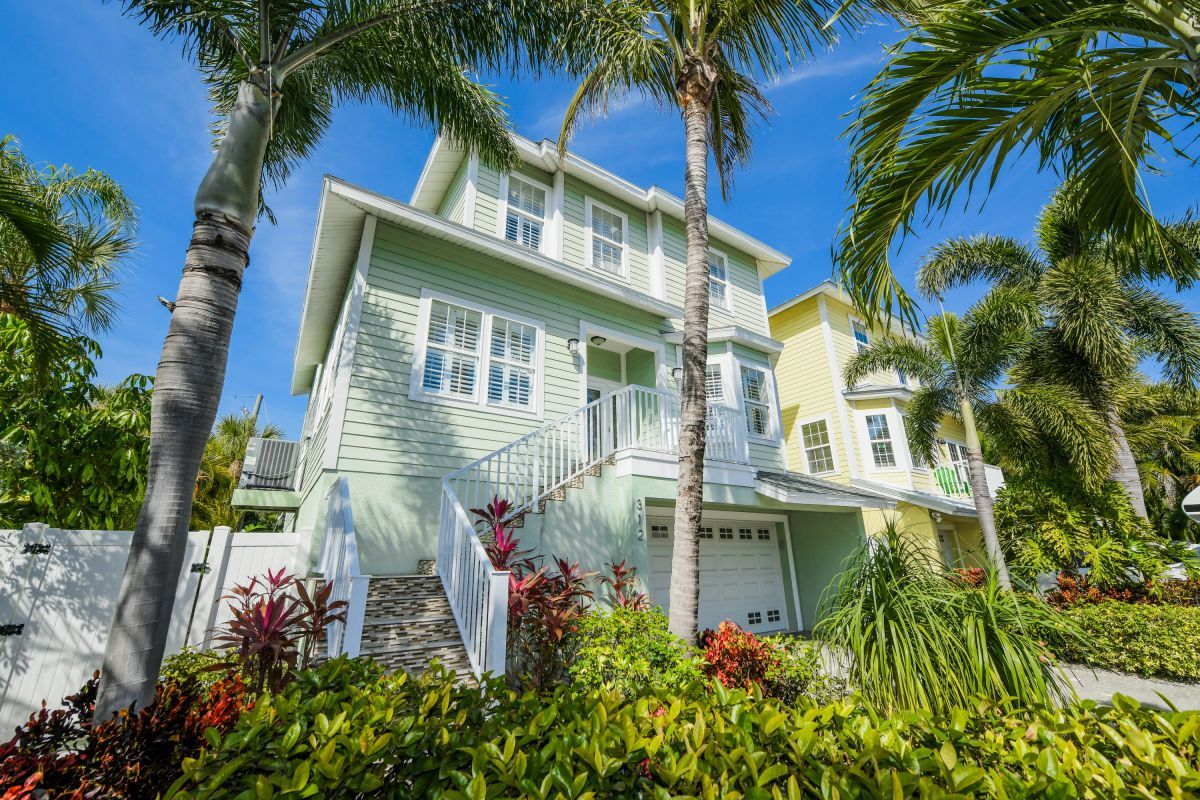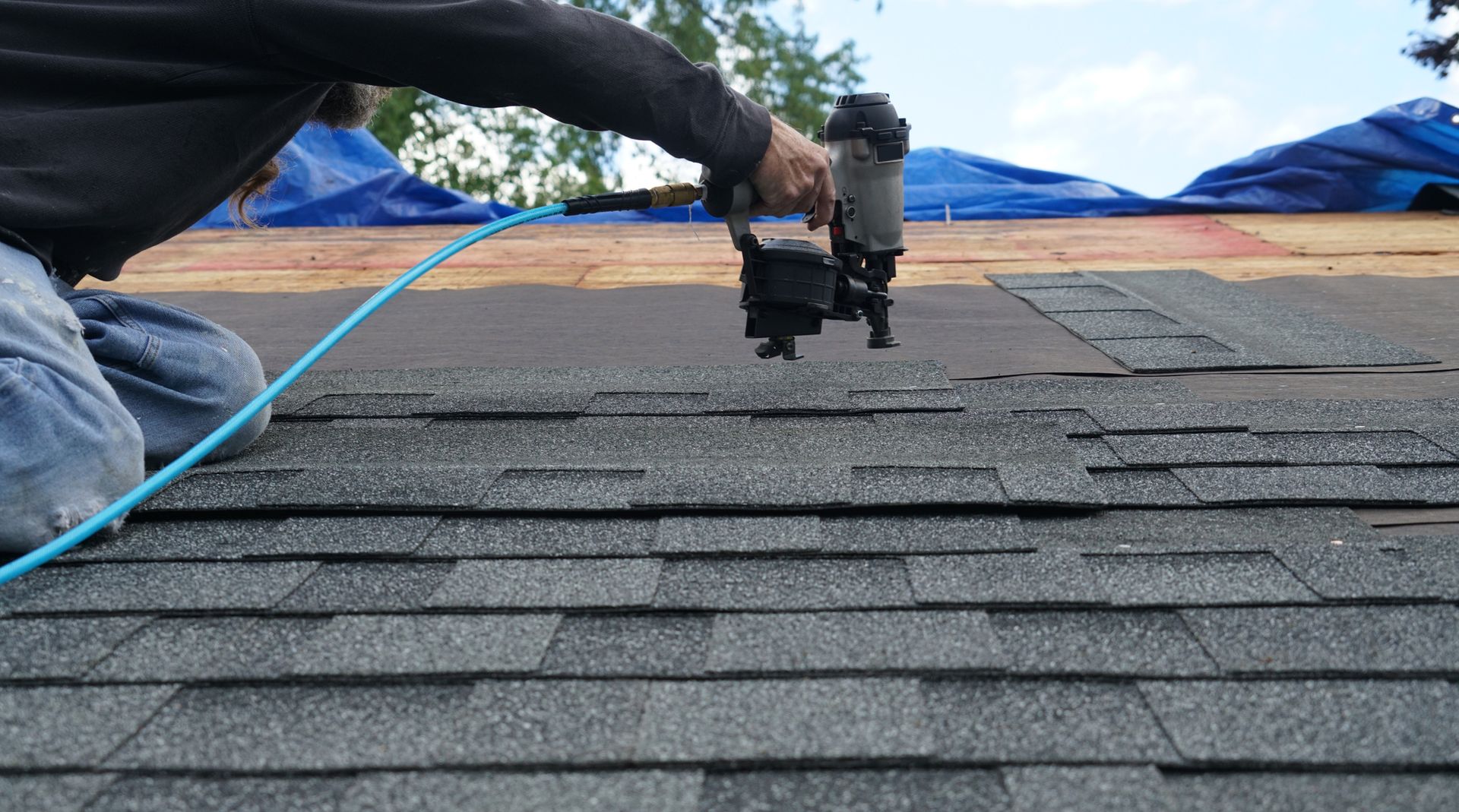Consider This When Buying a Coastal Home
Consider This When Buying a Coastal Home

The sound of seagulls and the gentle sounds of waves at the beach are a paradise for many people. Whenever we hear it, it brings back pleasant vacation memories spent on the beach building sandcastles and enjoying family moments.
A seaside property allows you to escape the busy pace of modern life and relive simpler times. Here you can relax, de-stress, and inhale some fresh sea air. Many people dream of owning a second home that makes them feel like they are on vacation all year long. But take these points into account before you purchase a property on the coast.
Location
When choosing a place to live, you must consider three factors, but they are more critical if you are going to live near a beach. The first point is that not every beach is the same. Some are more popular with tourists, while others are more isolated and off the beaten path. Secondly, while some beachfront homes are surrounded by lovely, pristine beaches, others are surrounded by hazardous surroundings or rocky crags.
Spend time exploring the area and conducting extensive research. Make sure the location meets your requirements. Examine municipal records to see if any major projects are planned for the near future. Many individuals place a high value on the location of their home in their community. Some choose to be near the main entrance, while others prefer to be further into the complex and away from traffic.
Nearby parks, swimming pools, or leisure areas can influence owners to choose the most accessible lot. Additionally, dead ends tend to appeal to some, while main boulevards tend to appeal to others. Discuss your options with your agent and find out if certain sites command a higher purchase price.
Size
There are many individuals who pay little attention to the size of the land on which they build their house. Within a community, the lot sizes may be very similar. If you attend showings and look at the inventory, you will quickly discover whether you prefer big or small, corner or inside lot.
Verify the lot descriptions and measurements with your realtor if there is a difference between the boundaries of one lot and another. If you come across a house with two lots, consider your options. It is possible to add another structure (additional garage, workshop, etc.) to the second lot, or it is possible to split the property and build another home and sell it separately; or it is possible to sell the lot as is.
Home Inspection
In coastal regions, a home inspection is more important than ever. As part of the home inspection, a home inspector will check for signs of natural aging as well as those caused by the sea and its storms. Inspectors can determine whether a home has flooded and how often it does so. Floodwaters severely damage electrical systems, foundations, timber, and mold. Repairing these damages can be very expensive.
If there are signs of flooding in the home, we recommend that you reassess your desire to live near the coast. Consult surveyors and contractors if raising the house is an option. Residents along the coast are raising their homes to prevent future flooding.
Price
Setting your price range, estimating a budget, and getting pre-approval for a mortgage are steps you should take before beginning your search. A single-family home is a significant investment, and it involves more than just the purchase price. Think about how these expenses will impact your budget and choose a mortgage payment range that suits your price range.
HOA Fees
A property management company may be needed if the beach house is not your main residence. To do this, someone must coordinate pest control services, landscaping, and maintenance requirements, as well as lease agreements. The HOA may be able to assist you with these requirements if your beach home is part of an HOA community. The cost of these services may be very high and should be factored into your beach home budget.
Protection from Water
Due to their exposure to the elements and weather, coastal homes require different care than other properties. For instance, salt air corrosion can cause damage. Inspect coastal homes for rusted metals and rotted wood.
Once your offer on a home has been approved, you should arrange for a property survey, preferably a complete building inspection. Chartered surveyors check for signs of age-related wear and tear and water damage.
The heart belongs at home! In other words, if it is your heart's desire to be at the beach, then your home can also be there. If you intend to live on the beach, research your options to prevent a sand-filled, costly nightmare from happening.
We can help you restore your beach home if the damage has been caused by water, mold, or other disasters. Give Restoration 1 of South West Florid a a call today!











